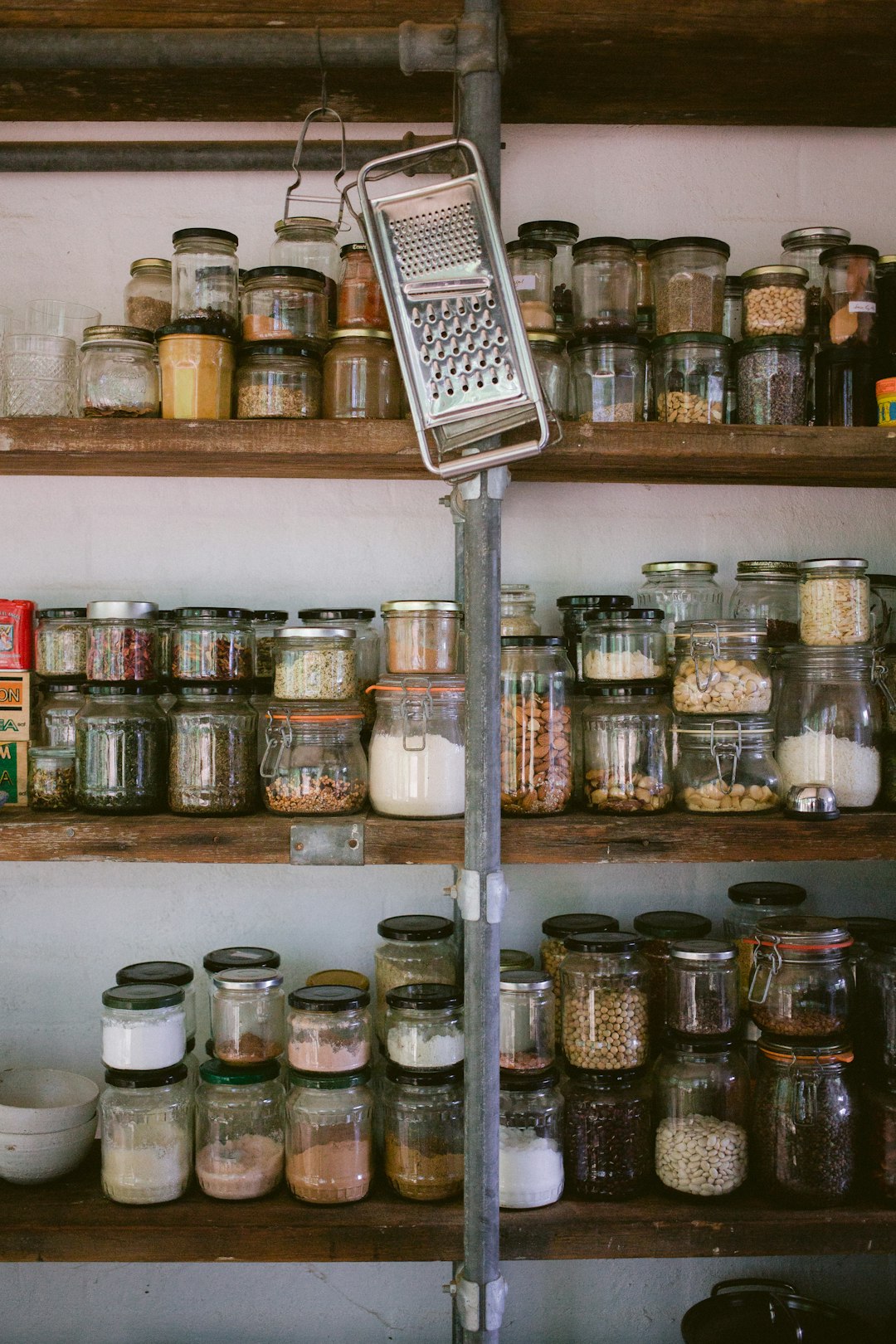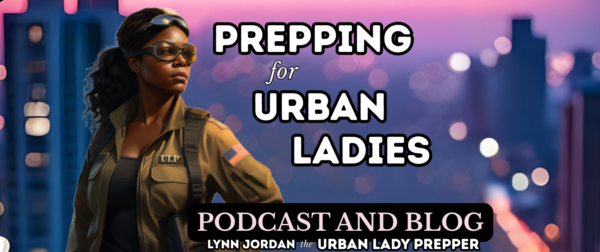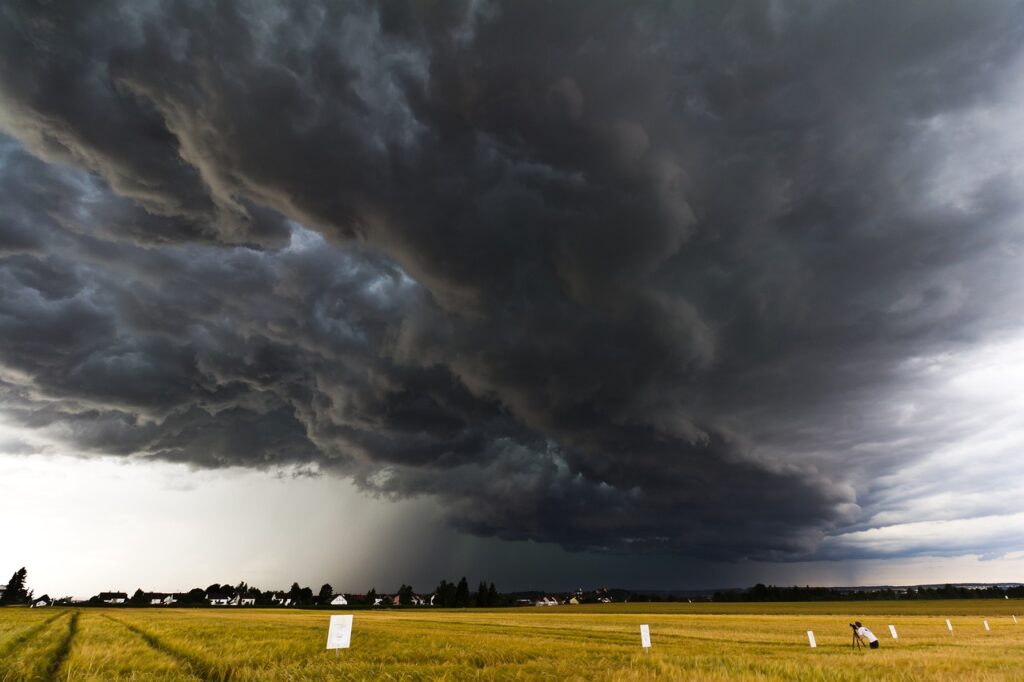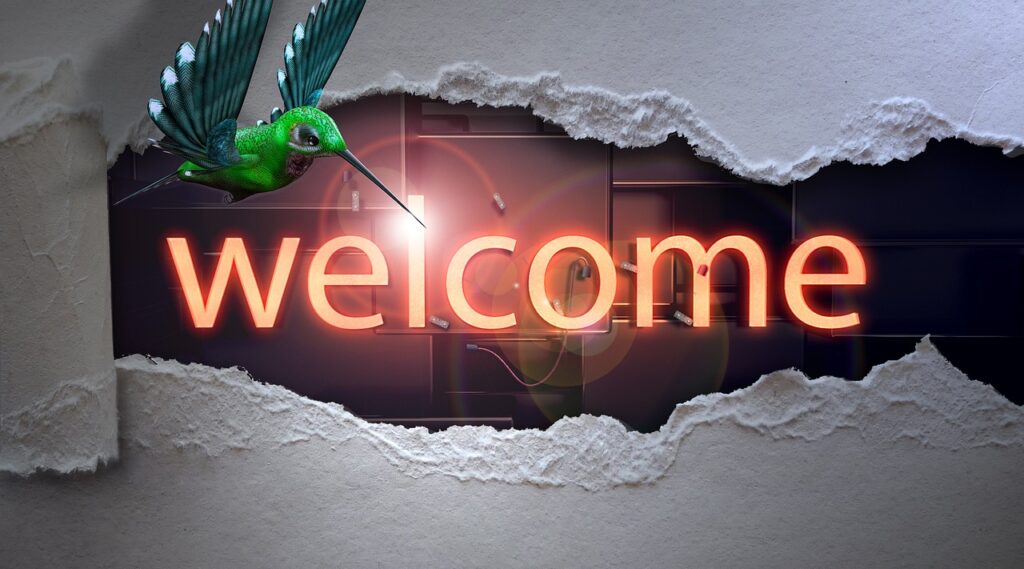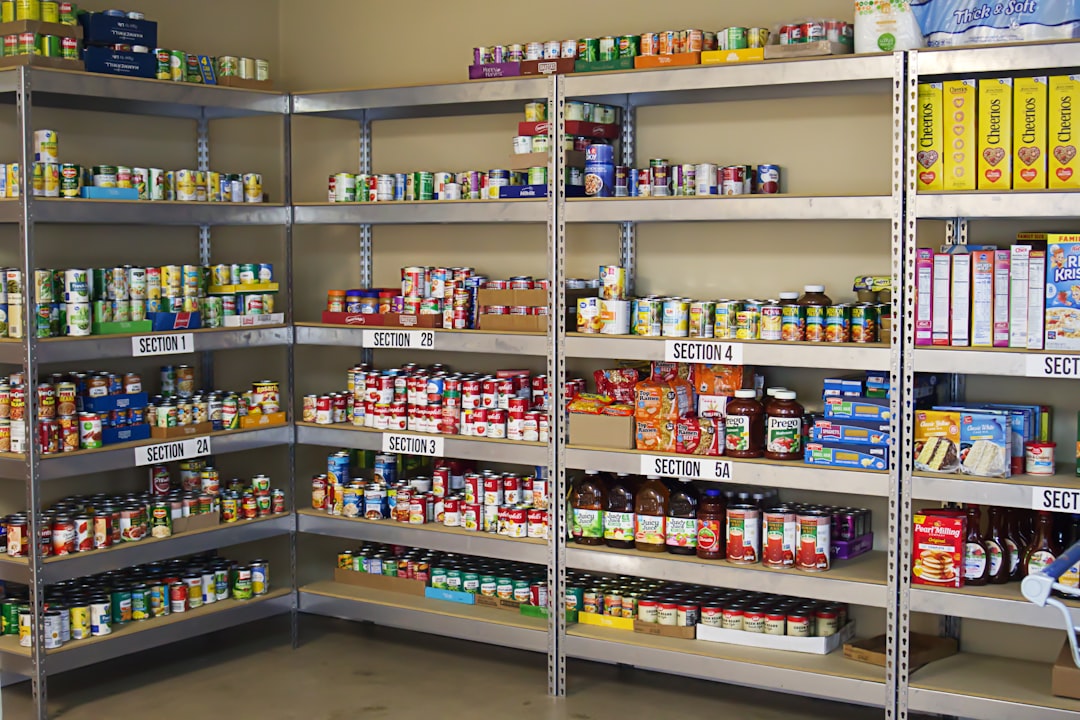
Regarding emergency preparedness, there may still be some hesitation on your part to get started. Prepping might seem like an unnecessary hobby or a leftover relic from past panic-driven eras. Yet, as natural disasters, economic uncertainties, and unexpected emergencies become more frequent, the importance of prepping is more apparent than ever. Imagine having a well-stocked pantry during a power outage or being equipped with survival gear when a sudden storm hits—these scenarios highlight the essence of emergency preparedness.
If you’ve ever doubted the significance of self-reliance, this article will shift your perspective and reignite your passion for preparedness if you’ve been slacking. Let’s delve into why prepping isn’t just for the overly cautious but is critical for anyone aiming to confidently navigate the uncertainties of modern life. For more insights, check out why prepping is essential. And my article here.
The Importance of Prepping
In recent times, the value of prepping has become increasingly evident. Having a plan is essential, whether due to unpredictable weather patterns or global economic instability. This section explains why prepping is crucial today, what essentials you need, and how self-reliance plays a vital role.
Why Prepping Matters Today
Prepping matters more today than ever due to various national and global challenges. Natural disasters like hurricanes and wildfires are becoming frequent, necessitating readiness for such emergencies. Similarly, economic shifts can lead to an unexpected scarcity of essential items.
Moreover, the COVID-19 pandemic demonstrated the fragility of supply chains, highlighting the need for personal preparedness. When grocery shelves emptied, many realized the importance of having a stockpile. For more on this, the Guardian’s article on doomsday prepping offers insightful perspectives.
Finally, knowing you’re prepared for unforeseen events reduces anxiety and boosts confidence, which single moms and solo women can appreciate! For personal stories, see this Reddit thread and my article here. The following are the 5 Reasons you need to prep!

Having the Basics Makes a Bad Situation Better
Prepping essentials form the backbone of any preparedness plan. These include non-perishable foods, clean water, and first-aid supplies. Understanding what items are vital to sustaining your lifestyle during an emergency. Even having the bare minimum will make things more bearable during an emergency:
Food and Water: Stock as much as possible, but at least enough for two weeks. Get a good-sized cooler and ice packs to save food if the power goes out.
First-aid kit: Essential for addressing injuries when medical help is unavailable.
Tools and Equipment: Items like flashlights and multi-tools are indispensable.
Moreover, personal needs, like medications or baby supplies, should be considered. Tailoring your essentials to family requirements ensures comprehensive preparedness.
A well-rounded approach involves understanding what you may need when cut off from regular services.
You’re Ready to Go Without the Panic
Emergency preparedness goes beyond stocking supplies. It’s about forming plans, understanding risks, and being ready to implement them. The benefits of preparedness extend beyond immediate survival. Being prepared boosts self-confidence and provides control over one’s environment.
You Become More Self-Reliant
Self-reliance is a cornerstone of prepping. It involves being capable of handling basic needs without external assistance, such as growing your own food or learning basic repairs.
Developing self-reliance skills builds resilience. For example, knowing how to purify water or cook over an open flame can be invaluable. These skills ensure survival during prolonged disruptions, and this self-sufficiency prepares individuals to handle emergencies independently.
Furthermore, self-reliance fosters a mindset of independence and resourcefulness. This empowers individuals to tackle challenges confidently. For deeper insights, explore discussions on Quora.
You Become More Aware
Once you start paying more attention to current events and trends—even casually—you’ll be less surprised when potentially problematic situations bubble up. You’ll have developed your situational awareness of your surroundings and how to move in public to keep you and your family safe.
Peace of Mind
When you’re prepared, even on a fundamental level, you’ll have peace of mind that should an emergency arise, you can ride it out safely. You’ll have what you need, and you’ll know where your supplies are. You don’t have to rush to the store hoping what you need is there. You don’t have to be outside if there is chaos in the street. You know your home is secure. That kind of peace is invaluable!
BONUS:
Community Support: Preparedness skills can strengthen community resilience.
These advantages underscore the importance of investing in preparedness. For further reading on why this matters, see the Guardian’s insights and my article on community preparedness here.
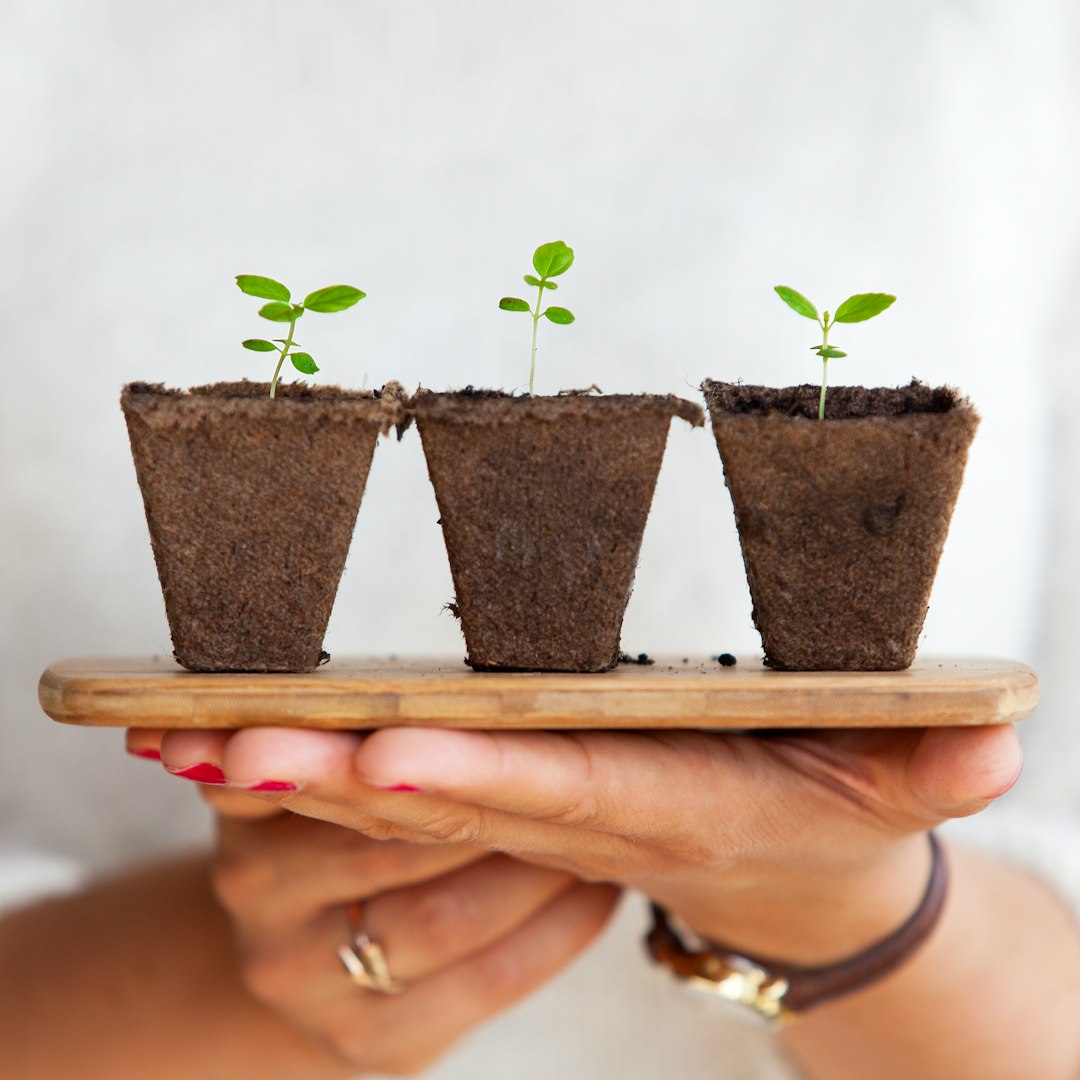
Getting Started…and Staying On It
Been Prepping But Not So Much Lately? Re-Engage!
Maybe you’ve been prepping but got bored, or the reason you got into it hasn’t happened yet. Perhaps you went “too hard,” and now you’ve completely lost interest or spent too much. Maybe you’ve lost track of your preps or haven’t kept on top of what you may need or need to know. It’s essential to remember why you got into prepping in the first place and why the chances of what you prepped for is now more likely to happen. Prepping isn’t pointless. It’s not a waste of time if you know all scenarios basically need the same things. If that’s where you started, take another look at where you are and determine if you’re as ready as you think you are.
Getting Started with Prepping
Prepping can initially seem daunting, but starting small and building gradually is key. This section guides you through overcoming misconceptions, creating a checklist, and staying motivated.
Overcoming Prepping Misconceptions
Many misconceptions surround prepping, often portrayed as extreme or unnecessary. However, modern prepping is practical and rooted in common sense.
Myth: Prepping is only for doomsday enthusiasts.
Reality: Prepping is about readiness for realistic scenarios like power outages or natural disasters.
Myth: Prepping is expensive.
Reality: Starting small, like gradually increasing pantry supplies, makes it affordable.
These misconceptions can be barriers, but recognizing their inaccuracy helps you see prepping’s true value. For more discussions on this topic, see Quora.Building Your Prepper Checklist
Creating a prepper checklist is a strategic step toward preparedness. It ensures you have all the necessary items for various scenarios. Follow these steps:
Identify Essentials: Focus on food, water, and medical supplies.
Evaluate Risks: Tailor your list to local hazards and personal needs.
Regular Updates: Review and adjust your checklist as circumstances change.
A comprehensive checklist ensures you’re prepared for any situation. If you would like a checklist, you can get mine for free here. The password is StayReady. This Guardian piece offers valuable tips, too.
Staying Motivated on Your Journey
Staying motivated in your prepping journey is vital for long-term success. It’s easy to lose focus, but consistent effort yields the best results.
Set Clear Goals: Define what you want to achieve with your prepping efforts.
Track Progress: Regularly review what you’ve accomplished to stay encouraged.
Maintain: Schedule a date in your phone’s calendar to remind you to check expiration dates and when to replenish items. Also, check your emergency items, such as your power banks, flashlights and batteries, to ensure they remain in working order.
Engage with Community: Join forums like Reddit to share experiences and gain support.
Maintaining motivation ensures that you stay prepared for the future. For more strategies, consider reading the Medium article.
By understanding these elements, you’ll be well on your way to becoming a proficient prepper, ready to confidently handle life’s unexpected twists.
Key Preparedness Tips
Effective preparedness starts with a plan. This involves identifying potential risks and creating strategies to mitigate them. Here are the essential steps:
Risk Assessment: Identify hazards specific to your area.
Communication Plan: Establish how you’ll contact loved ones during disruptions.
Evacuation Routes: Know safe routes and destinations in case of an emergency.
It’s important to regularly review and update your plans. Additionally, practice drills can ensure everyone knows their role. For shared experiences and advice, check out Reddit’s prepper community.
Must-Have Survival Gear
Survival gear is critical for enduring emergencies. It includes items that support basic needs when regular services are unavailable. Essential gear includes:
Multi-tool: Versatile for various tasks.
Emergency Radio: Keeps you informed about developments.
Portable Charger: Ensures your devices remain functional.
Choosing quality gear can make a significant difference in emergencies. Durability and functionality should be prioritized. Medium’s article offers valuable recommendations on essential gear.
Reap the Benefits!
With planning, patience, and taking advantage of the many resources available, you’ll have what you need to be ready for anything! My blog provides a wealth of information that will help you gather preps and get you mentally prepared to make you cool, confident, and secure in the decisions you make in everyday life and during a crisis. You can do it! Feel free to reach out with any questions!
Now get prepping!
